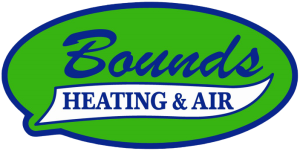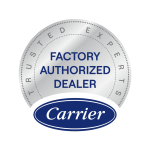Consider an Energy Audit to Tackle Your Home Energy Use
Certified Home Energy Audits
Both the Environmental Protection Agency (EPA) and the Department of Energy (DOE) recommend home energy assessments as an effective way for households to reduce their energy consumption. In 2002, the two agencies joined together to create and oversee the Home Performance with Energy Star program to provide homeowners with access to qualified home auditors. Bounds Heating and Air is a proud participant in this quality program. Because our HVAC contractors have been specially trained and certified in energy assessments, you can trust that you’ll receive an accurate audit with recommendations that will effectively lower the energy usage in your Newberry, FL home.
The Home Performance Audit Process
After consulting with you about your current energy expenses and your household’s specific comfort needs, the auditor will conduct a room-by-room inspection that examines the design, construction, and level of insulation of your home. The auditor will check your water heater and will conduct diagnostic tests on your heating and cooling systems. During the assessment, the auditor will conduct a blower door test, which involves placing a large fan enclosed in panels into an open exterior door. The fan will depressurize your home and intensify any air leaks. Using specialized tools like an infrared temperature sensor, the auditor can then locate sources of energy waste in your home.
Smart Solutions
At the end of the audit, you’ll receive a report that lets you make informed choices about which home upgrades will save you the most money on your energy bills. That can help you avoid costly mistakes, such as adding attic insulation without first sealing gaps and holes on attic floors. If you’ve been considering upgrading to a new HVAC system, making the right home improvements may allow you to purchase a smaller, more economical product. Alternately, an energy assessment may reveal that with proper maintenance services, your existing heating and cooling may work efficiently for years to come.
A certified whole-house energy assessment allows you to make home improvements in a logical order at your own pace, knowing that the changes that you make will not only lower your energy bills but will make your home a healthier and more comfortable place in which to live.


